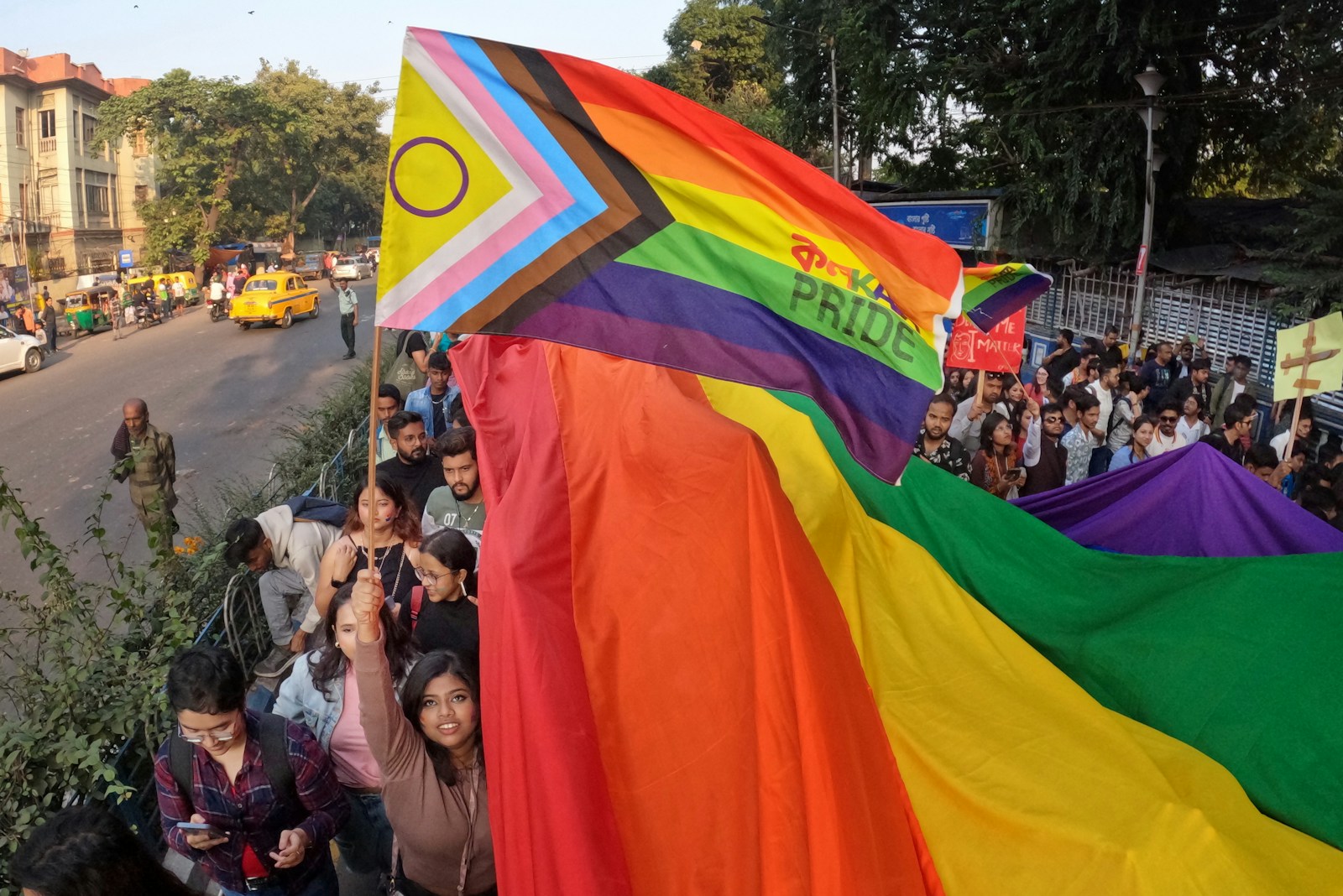Delhi Transgender Rules, 2025: Legal Recognition Procedures and State-Wide Enforcement Mechanisms Notified

Introduction
On 11 July 2025, the Government of the National Capital Territory of Delhi notified the Delhi Transgender Persons (Protection of Rights) Rules, 2025 (“Delhi Rules”) in the official Gazette. These rules have been framed under Section 22(1) of the Transgender Persons (Protection of Rights) Act, 2019, read with Government of India Notification No. S.O. 2524 dated 7 June 2023. They provide the procedural and institutional framework for the implementation of the 2019 Act within the territory of Delhi, particularly concerning legal recognition, welfare entitlements, and institutional accountability for transgender persons.
Legal Framework and Objectives
The Transgender Persons (Protection of Rights) Act, 2019 is the central legislation that recognises the right to self-perceived gender identity and prohibits discrimination against transgender persons in education, employment, healthcare, housing, and access to public services. Section 6 and Section 7 of the Act allow transgender persons to obtain a Certificate of Identity from the District Magistrate, with or without gender-affirming medical intervention, depending on the applicant’s choice.
The Delhi Rules operationalise these provisions by laying down the procedures for application, documentation, timelines, and the roles of various government authorities. They also establish mechanisms for institutional coordination and welfare monitoring.
Key Features of the Delhi Rules, 2025
1. Application Process for Certificate of Identity
- A transgender person may apply for a Certificate of Identity under Section 6 (based on self-identification) or Section 7 (post medical intervention) by submitting Form-1 to the District Magistrate either in person or through the National Portal for Transgender Persons.
- The application must include an affidavit in Form-2 declaring gender identity. No medical or physical examination is required under Section 6.
2. Issuance of Certificate and Identity Card
- Upon verification of the affidavit and supporting documents, the District Magistrate will issue:
o A Certificate of Identity in Form-3 (Section 6) or Form-4 (Section 7).
o A Transgender Identity Card in Form-5 or Form-6. - The certificate must be issued within 30 days from receipt of the complete application.
- Based on this certificate, the individual’s gender, name, and photograph must be updated in all official documents listed in Annexure-I (e.g., Aadhaar, passport, education certificates, ration card) within 15 days of application.
3. Recognition of Prior Legal Gender Change
- Individuals who had already changed their gender legally before the commencement of these Rules are not required to reapply under the new procedure.
4. Applications on Behalf of Minors
- For minor transgender persons, applications under Section 6 or 7 are to be submitted by a parent or guardian, or by the competent authority under the Juvenile Justice Act, 2015, if the child is in need of care and protection.
Institutional Mechanism: Transgender Welfare Board
Pursuant to Rule 14 of the Delhi Transgender Persons (Protection of Rights) Rules, 2025, the Government of the National Capital Territory of Delhi is mandated to constitute a Transgender Welfare Board. This Board shall serve as the apex coordinating body for safeguarding the rights and welfare of transgender persons in Delhi.
Functions of the Board:
The Transgender Welfare Board shall:
- Coordinate and oversee the implementation of transgender welfare schemes and programmes.
- Provide policy recommendations to departments for transgender-inclusive governance.
- Facilitate inter-departmental coordination and ensure institutional accountability.
- Propose targeted interventions to prevent discrimination and enhance access to services.
Composition:
The Board shall be composed of:
- Senior representatives from key government departments, including but not limited to Social Welfare, Education, Health, Finance, Women and Child Development, Employment, and Law.
- Three members from civil society organisations actively engaged in transgender welfare and advocacy.
- Three representatives from the transgender community, ensuring direct stakeholder participation.
Tenure and Honorarium:
- The tenure of non-official members shall not exceed three years.
- Each non-official member shall be entitled to an honorarium of ₹2,000 per day for attending official meetings of the Board.
Duties of Stakeholder Departments
All stakeholder departments are obligated to implement and report on transgender-inclusive measures, including:
- Education: Gender sensitisation in curricular, establishment of inclusive environments, and formation of internal committees.
- Healthcare: Accessible gender-affirming care, physical and mental health services, and public awareness campaigns.
- Employment: Equal opportunity policies, workplace sensitisation, and non-discriminatory recruitment.
- Public Services: Equal access to housing, sanitation, transportation, and welfare schemes.
Each department must review and adapt existing schemes to ensure non-discrimination and effective participation of transgender persons, including in health, education, public distribution, housing, skill development, and employment.
Grievance Redressal and Safeguards
Rule 13 outlines a grievance redressal mechanism:
- Each institution must appoint a Complaint Officer within three days of the Rules coming into effect.
- Complaints must be investigated within 15 days and a report submitted within another 15 days.
- The Government of Delhi is to establish a digital grievance redressal system and submit annual compliance reports.
Implementation Timeline and Enforcement
The Rules came into effect upon their publication in the Gazette on 11 July 2025. Within two years, the Government must:
- Identify transgender persons in informal settlements, institutions, and shelters.
- Ensure provision of temporary shelters and facilities in schools, hospitals, and public places without discrimination.
- Promote safe housing, participation in sports, and access to education and employment without stigma.
Conclusion
The Delhi Transgender Persons (Protection of Rights) Rules, 2025 provide a structured and rights-based administrative framework to implement the Transgender Persons (Protection of Rights) Act, 2019 within Delhi. While similar rules have been notified by other States such as Kerala, Tamil Nadu, and Maharashtra, the Delhi Rules are a critical development for the capital’s compliance with national law.
By recognising self-identified gender without invasive requirements, establishing a Transgender Welfare Board, mandating cross-sectoral institutional responsibilities, and setting enforceable timelines, the Rules mark a progressive shift toward inclusion and legal empowerment of transgender persons in Delhi.
For more details, write to us at: contact@indialaw.in
By entering the email address you agree to our Privacy Policy.



